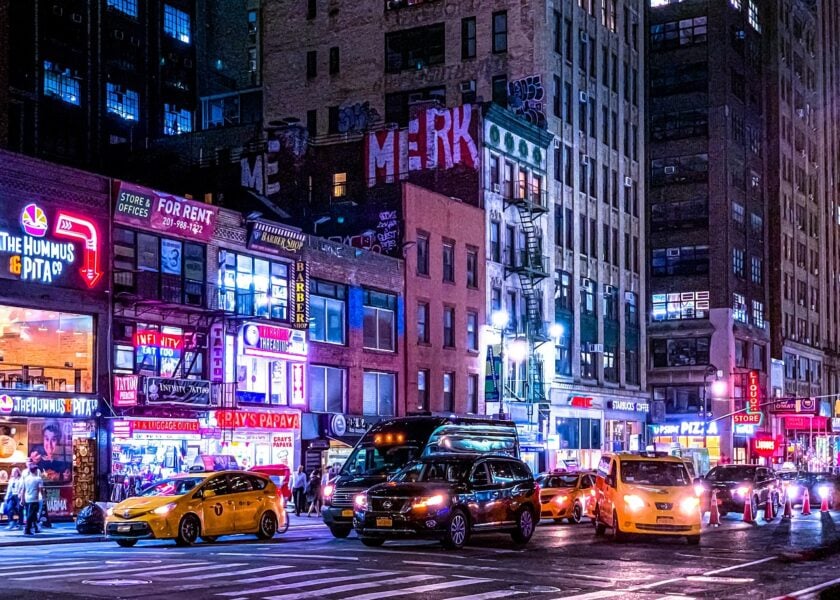With sex work (prostitution) legal in some parts of Europe, one place in the US and many parts of the world, questions about legalization abound. Will decriminalization help women who are just trying to make a living or create victims from trafficking and sex tourism? The revival of Jeffrey Epstein’s deeds heightens and crystallizes such human rights questions.
Recently, the New York Post NYC highlighted mayoral candidate Zohran Mamdani’s pro-sex work legalization stance and its related fallout and backlash. The story quotes critics who say they fear New York will “devolve into a hedonistic den of iniquity” if Mamdani wins in November’s general election.
“‘The public needs to be fully aware that Mr. Mamdani wants a New York City where selling sex, buying sex, and promoting the sale of sex is completely normal and legal,’ warned Sonia Ossorio, executive director of National Organization for Women NYC,” the Post reported. “The consequences” of decriminalizing prostitution would make New York “a sex tourism destination,” Ossorio said.
Decriminalization advocates say abuse from pimps, clients and even police would lessen if the sector were decriminalized while others note that where sex work is legal, crime often follows including human trafficking. Overseas sex tourism is often cited as an example – commercial hubs where workers are often underage, coerced and non-consenting.

Should Workers Be “Saved”?
Some sex workers say they are just fine thank you and resent missionary intervention which they attribute to puritanism and prudishness. But other women describe gruesome and daily risks they face “in the life” and express that they would love to be “saved.”
Over 20 years ago, the city of Chicago moved toward criminalizing customers (“johns”) and not workers, a change that was lauded by many.
A recent anonymous book (“Diary of a High-Risk Lifestyle”) depicts a “day in the life” of a Chicago streetwalker in the 1980s and the situations women endured – and still do.
Describing a police shakedown the author says:
“The cops, frisk me, take my money and drugs and push me into the squad car. I don’t ask what the charge is. I am guilty of being a hooker, drug user, drunk. They say ‘You’re lucky we don’t arrest you.’”
Recounting a group rape she writes:
“As soon as the ‘dates’ find out there’s a girl in the room, it becomes a free-for-all. I can’t keep them out. The phone in the room is dead because the motel office is closed, so I can’t call for help. I am a sitting duck. I don’t put up a fight because I don’t want to get beat up too.”
How Can Workers Be Protected Without Encouraging Pimps and Trafficking?
As Jeffrey Epstein’s exploits reveal, the sexual abuse of women crosses party lines and even gender lines when considering women like Ghislaine Maxwell. The industry also unduly victimizes women without money, support and resources in society. How can healthy sexual behavior be separated from its exploitative, opportunistic underbelly? Will New York City become a living laboratory for such questions?
Thanks for reading! The new book is published here. [Amazon]

